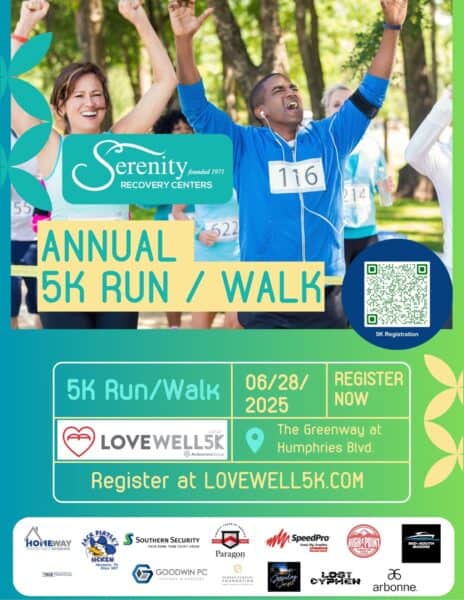Finding meaningful work during recovery is more than just securing employment—it’s about discovering purpose, building self-worth, and creating a sustainable foundation for long-term sobriety. As individuals navigate their recovery journey, career development becomes a crucial component of rebuilding their lives and maintaining lasting change.
The Connection Between Career and Recovery
Recovery is a holistic process that encompasses all aspects of life, including professional growth. A fulfilling career can provide structure, purpose, and a sense of accomplishment—all vital elements in maintaining sobriety. When individuals find work that aligns with their values and skills, they’re more likely to stay committed to their recovery journey.
Building a Strong Foundation
The path to career development in recovery begins with understanding personal strengths, interests, and values. This self-discovery process often reveals new possibilities and directions that weren’t apparent before. Many find that their recovery experience has equipped them with valuable skills such as resilience, empathy, and determination—attributes highly valued by employers.
Steps to Career Development in Recovery
- Assess your skills and interests through career counseling or vocational training
- Set realistic, achievable career goals that support your recovery
- Develop new skills through education or certification programs
- Build a professional network within recovery-friendly environments
- Practice self-care while pursuing career objectives
Overcoming Employment Barriers
Many individuals in recovery face unique challenges when entering or re-entering the workforce. Employment gaps, legal issues, or limited work history can present obstacles. However, these challenges aren’t insurmountable. Many employers recognize the value of hiring individuals in recovery, appreciating their commitment to personal growth and transformation.
The Role of Education and Training
Education and vocational training play crucial roles in career development during recovery. Many treatment centers and recovery programs offer career counseling services, resume writing workshops, and job placement assistance. These resources can help bridge the gap between recovery and professional success.
Creating Work-Life Balance
Maintaining a healthy work-life balance is essential for sustained recovery. While career development is important, it shouldn’t come at the expense of recovery efforts. Learning to prioritize self-care, maintain boundaries, and manage stress effectively are crucial skills for long-term success.
The Impact of Meaningful Work
Meaningful employment provides more than financial stability—it offers a sense of purpose, responsibility, and connection to the community. These elements contribute significantly to long-term recovery success. When individuals find work that aligns with their values and recovery goals, they’re better equipped to maintain their sobriety and build a fulfilling life.
Building Professional Relationships
Developing healthy professional relationships is another vital aspect of career development in recovery. These connections can provide mentorship, support, and opportunities for growth. Many find that being honest about their recovery journey, when appropriate, helps build authentic relationships and creates a supportive work environment.
The Journey of Personal Growth
Career development in recovery is often a journey of personal growth and self-discovery. Many individuals discover new passions and abilities they never knew they possessed. This process of growth and learning contributes to both professional success and recovery stability.
Comprehensive Support for Your Career Journey
At Serenity Recovery Centers, we understand that career development is an integral part of the recovery journey. Our comprehensive programs include career counseling, skills training, and ongoing support to help you build a meaningful and sustainable career path. We believe in your potential to create a fulfilling professional life while maintaining your commitment to recovery.
